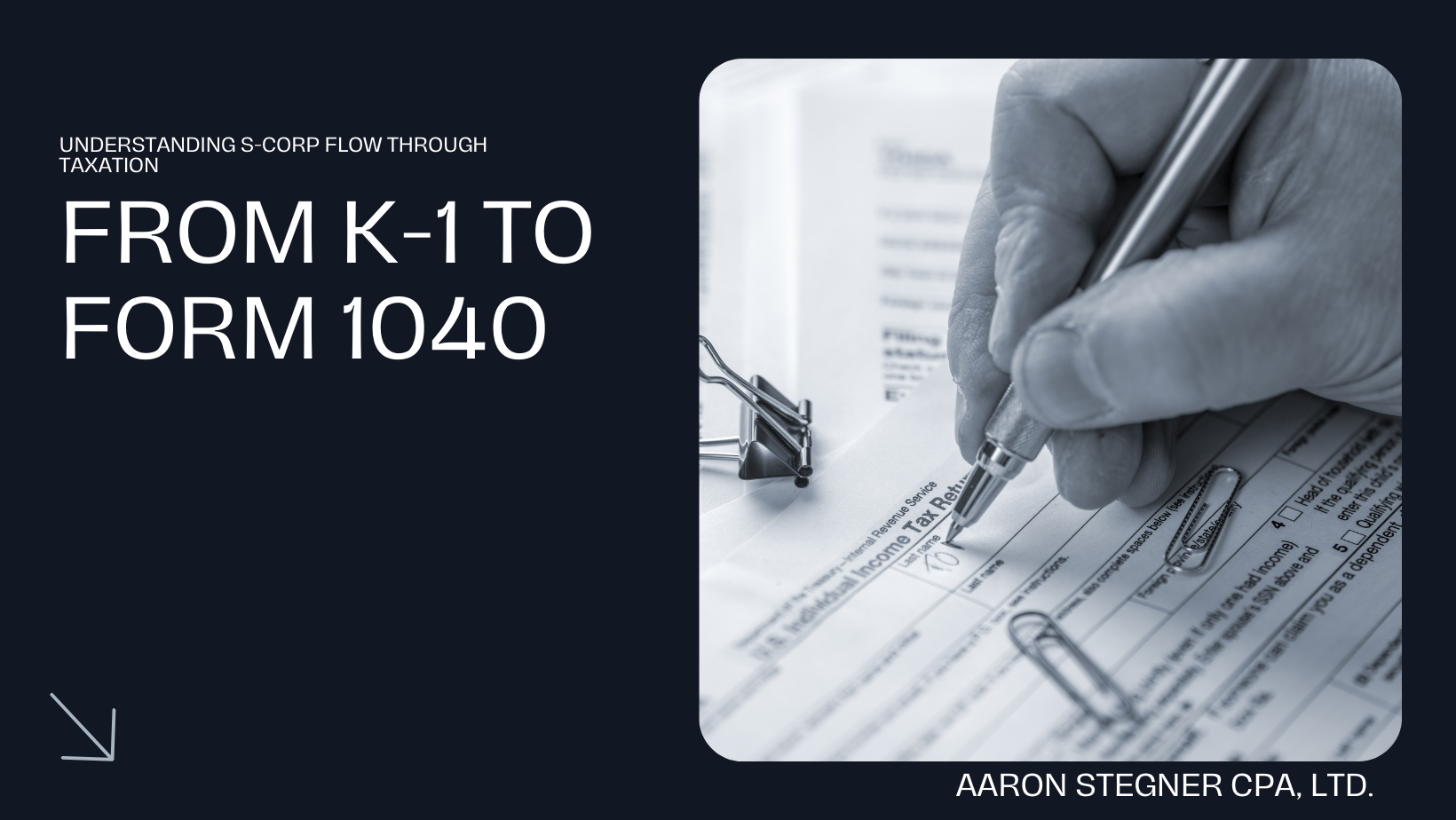In the ever-fluctuating world of investments, savvy investors know the value of every tool in their arsenal, especially when it comes to tax strategies. Tax loss harvesting is a critical technique that can turn investment losses into valuable opportunities. This detailed guide explains the concept of tax loss harvesting, its benefits, and how you can implement it to optimize your investment portfolio for tax efficiency.
Understanding Tax Loss Harvesting:
- What is Tax Loss Harvesting?
- A strategy where investors sell securities at a loss to offset capital gains tax liability.
- Particularly beneficial in volatile markets or during economic downturns.
- The Process:
- Identify investments that have decreased in value.
- Sell these assets to ‘harvest’ the loss.
- Reinvest the proceeds into similar but not identical assets to maintain a consistent market exposure.
Benefits of Tax Loss Harvesting:
- Offsetting Capital Gains:
- Use harvested losses to offset capital gains realized from selling other investments at a profit.
- Can significantly lower your overall tax bill.
- Carrying Over Losses:
- If your harvested losses exceed your gains, you can use up to $3,000 to offset ordinary income.
- Remaining losses can be carried forward indefinitely to offset future capital gains.
Strategies for Effective Tax Loss Harvesting:
- Timing and Frequency:
- Regularly review your portfolio to identify loss harvesting opportunities.
- Consider year-end tax planning but be vigilant throughout the year.
- Avoiding Wash Sales:
- Be mindful of the IRS’s wash-sale rule, which disallows a tax deduction for a security sold at a loss and repurchased within 30 days before or after the sale.
- Choose replacement securities wisely to maintain your investment strategy while adhering to this rule.
- Long-term Investment Focus:
- Integrate tax loss harvesting within your broader long-term investment strategy.
- Avoid making investment decisions solely for tax reasons.
Tax Loss Harvesting Considerations:
- Market Timing Risks:
- While harvesting losses, be cautious of market timing risks and unintended shifts in your asset allocation.
- Impact on Investment Goals:
- Ensure that tax loss harvesting aligns with your overall investment goals and risk tolerance.
Tax loss harvesting is a powerful strategy that, when used correctly, can enhance your investment portfolio’s tax efficiency. It’s a proactive approach to managing your investments, turning market downturns into opportunities for tax savings.
Are you ready to integrate tax loss harvesting into your tax planning strategy? Contact us for personalized advice on aligning this technique with your investment goals and tax planning needs.
The tax information provided here is for informational purposes only and should not be construed as or relied upon for tax or legal advice. This information is based on the laws and regulations in effect at the time of issuance, and we do not undertake any obligation to update this information after the date of its release. Please speak with your tax professional or attorney for guidance specific to your circumstances.





